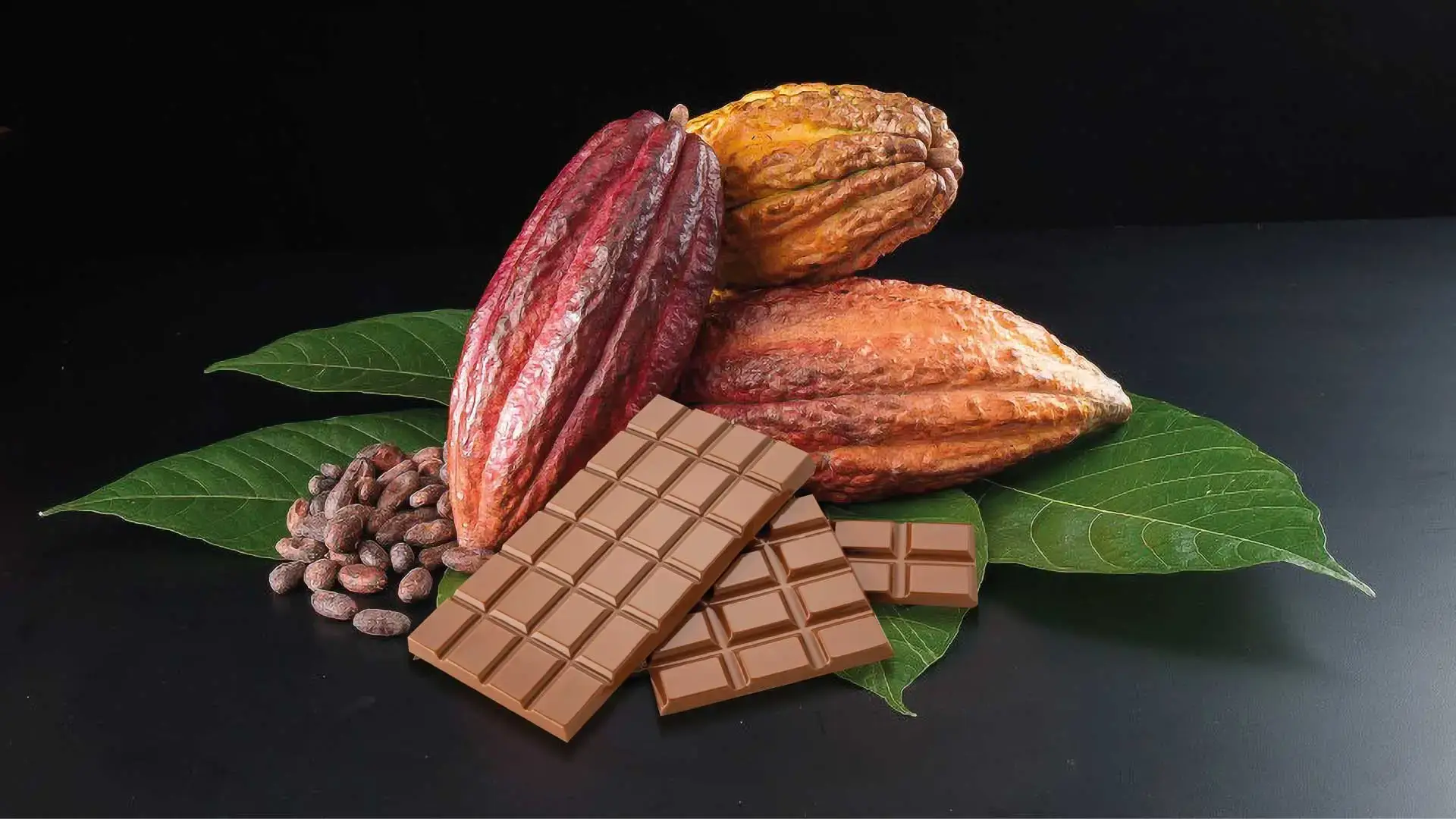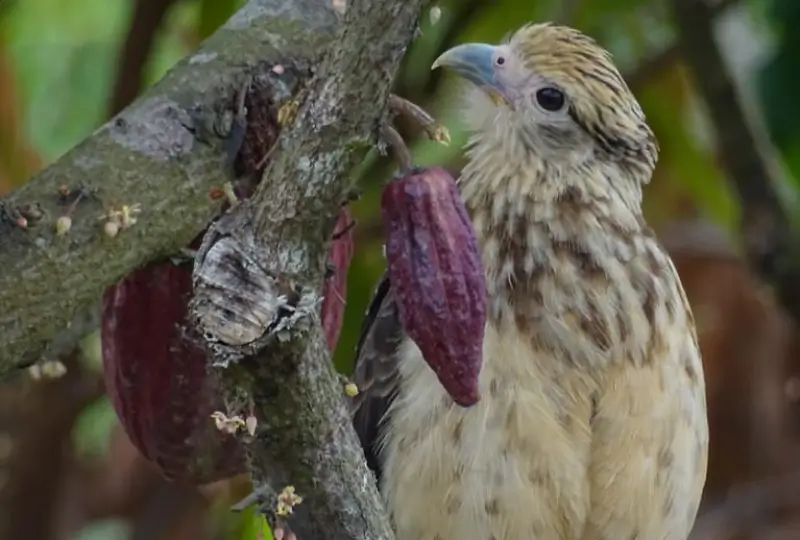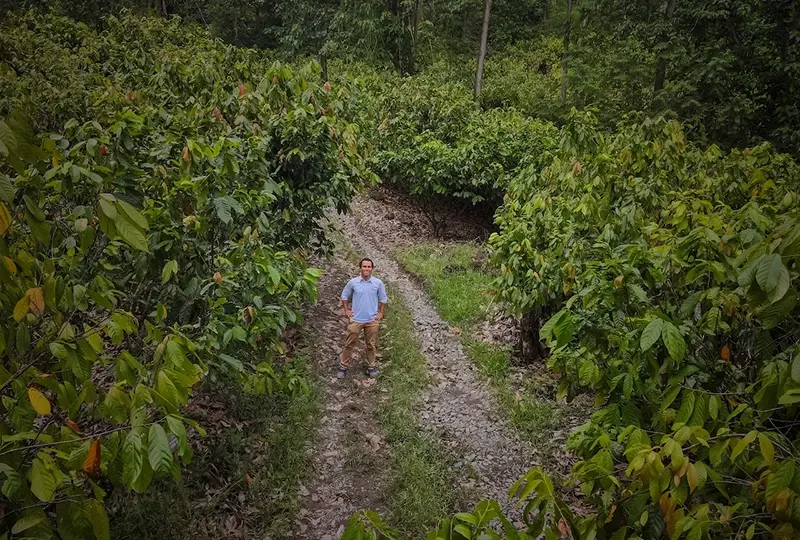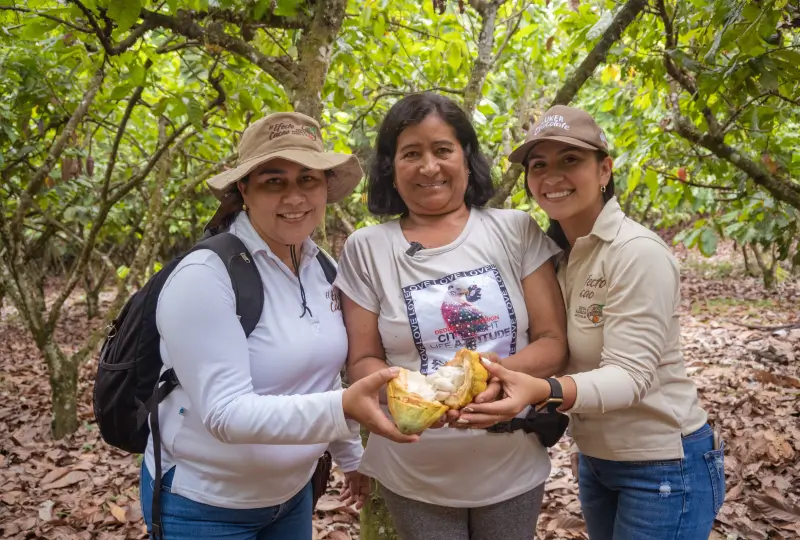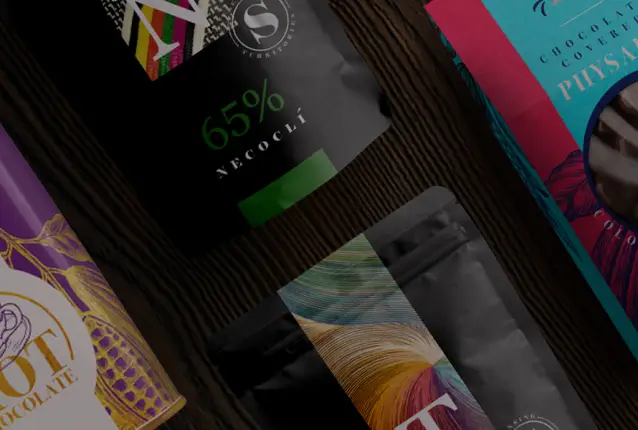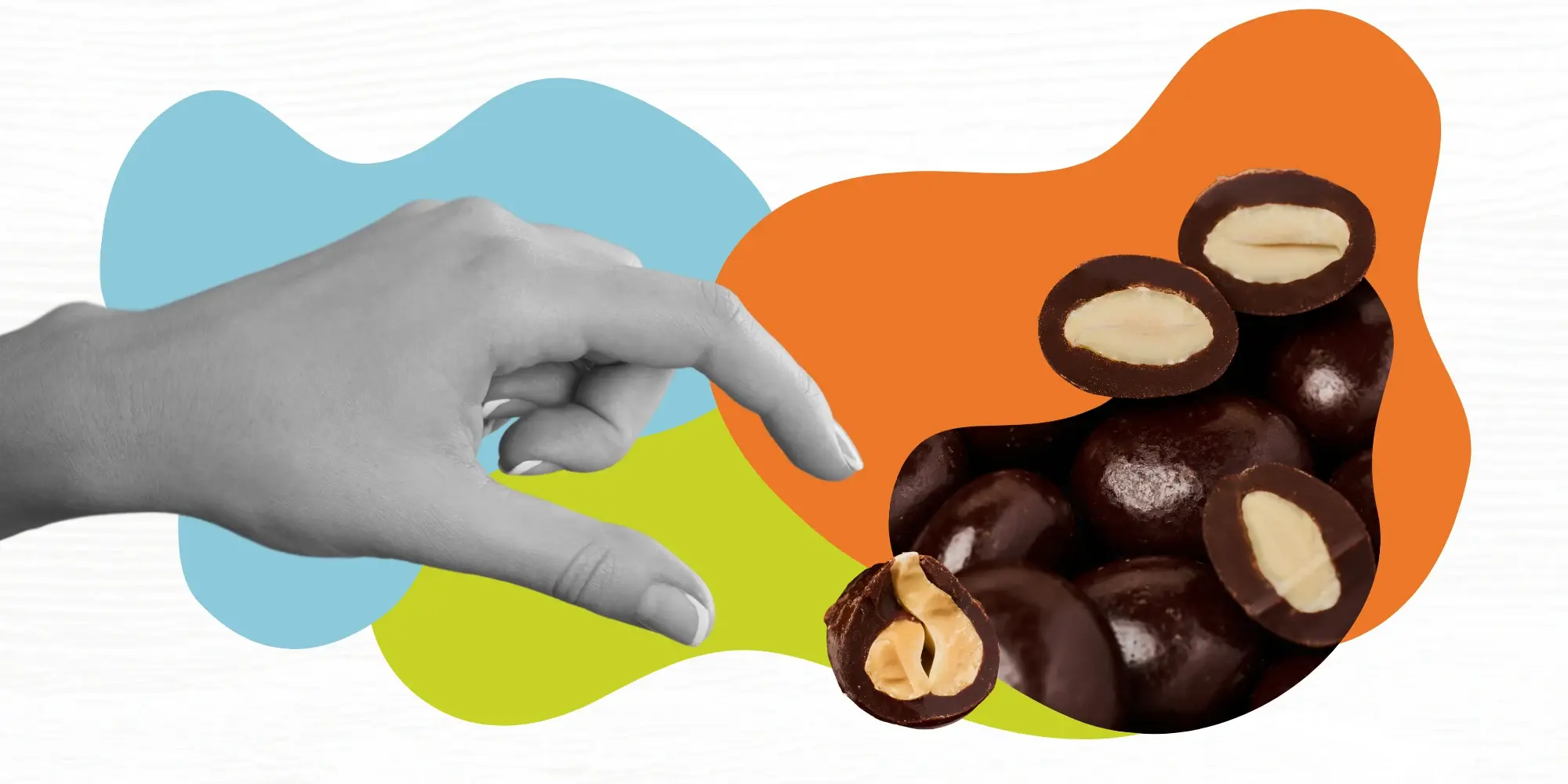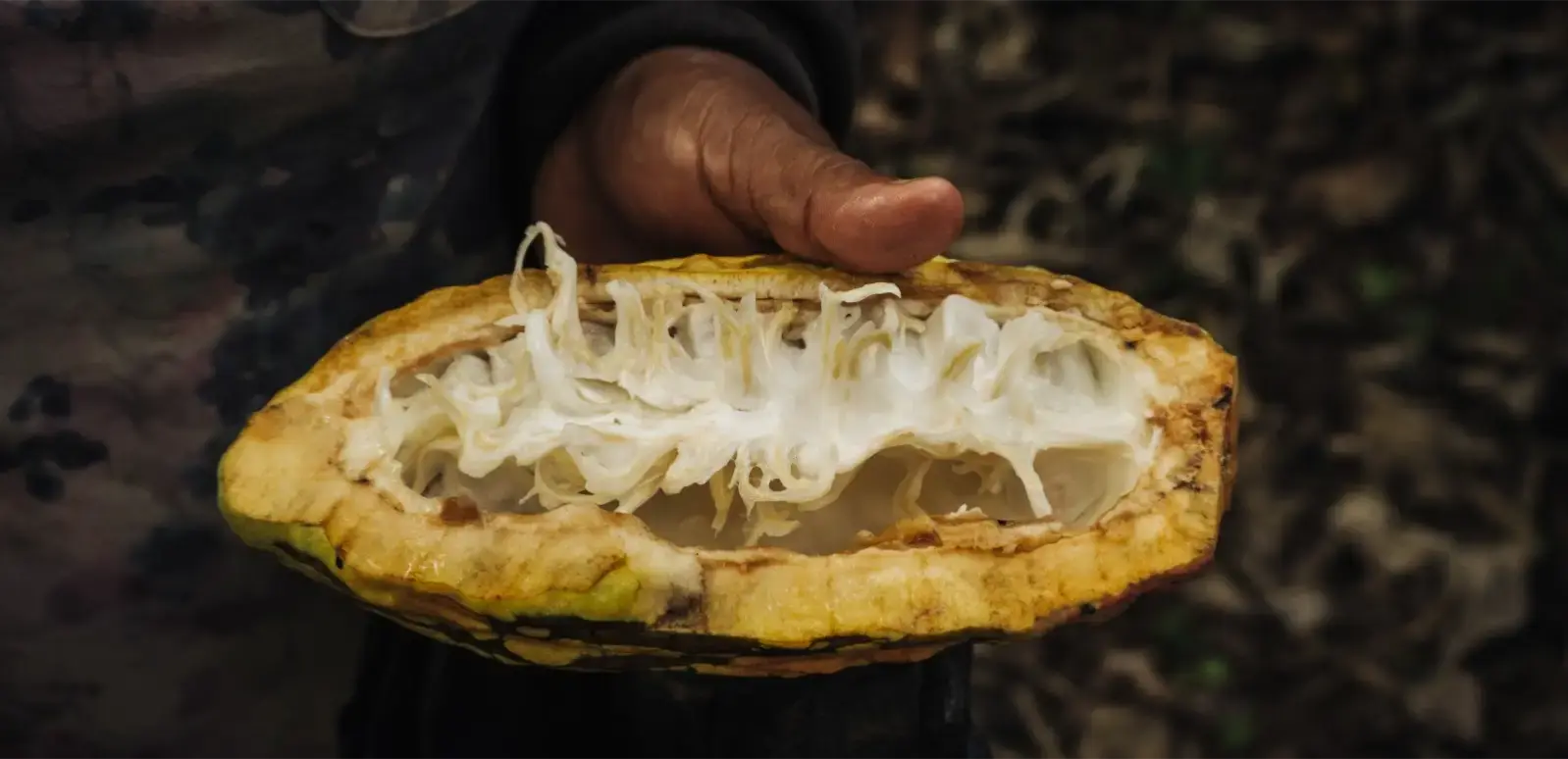CLIMATE ACTION
Luker's roadmap to climate-positive agriculture focuses on reducing emissions, managing climate risks, and promoting sustainable practices. Key elements include achieving net zero through decarbonization, assessing the carbon impact of cacao and products, transitioning to sustainable energy, reducing our water footprint, and adopting circular economy principles.
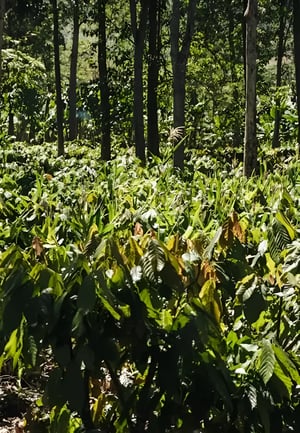
Luker has a longstanding commitment to preventing deforestation and promoting agroforestry, which helps protect biodiversity in the regions where cacao is sourced. As of October 2024, all Luker exports to Europe comply with the European Union’s Deforestation Regulation EUDR.
Read more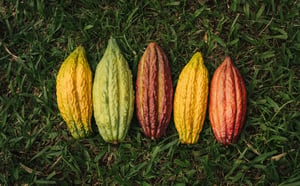
Luker Chocolate prioritises circular economy by reducing waste, improving packaging, and advancing upcycling initiatives. We enhanced the recyclability of our packaging, supported by clear labeling to facilitate proper disposal. Our upcycling efforts progressed with establishing a dedicated facility for cacao byproducts, and we now have our first upcycled product available on the market. Our zero-waste strategy minimised landfill waste, while water efficiency improvements helped optimise resource use.
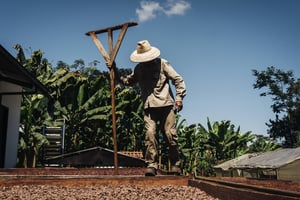
We are committed to reducing our carbon footprint by improving energy efficiency, reducing dependence on fossil fuels and optimising logistics and sourcing. We also support carbon capture initiatives to further minimise our environmental impact.
By 2024, we reduced Scope 1 and 2 emissions by 22% and ensured that 100% of our energy came from renewable sources, making progress with our SBTi (Science Based Targets) approved carbon reduction targets.

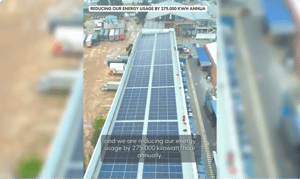
In 2022, Luker initiated its ‘Sunflower’ project. It saw the installation of 396 solar panels on the roof of our production plant in Bogotá – with a total capacity of 238 kilowatts – to increase our use of renewable energy sources. This will reduce 161 tons of carbon emissions every year.
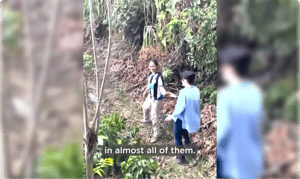
A cocoa producer from the department of Huila, who, through various projects of "The Chocolate Dream", has acquired valuable knowledge about cocoa cultivation and environmental preservation.
DOWNLOAD OUR SUSTAINABILITY REPORT 2024
🌱 Discover Our Impact in 2024 🌍As a sustainable chocolate manufacturer, we believe in a sustainable future for cocoa and the communities that grow it. Our 2024 Sustainability Report reflects the progress, commitments and actions we are taking to transform the industry.
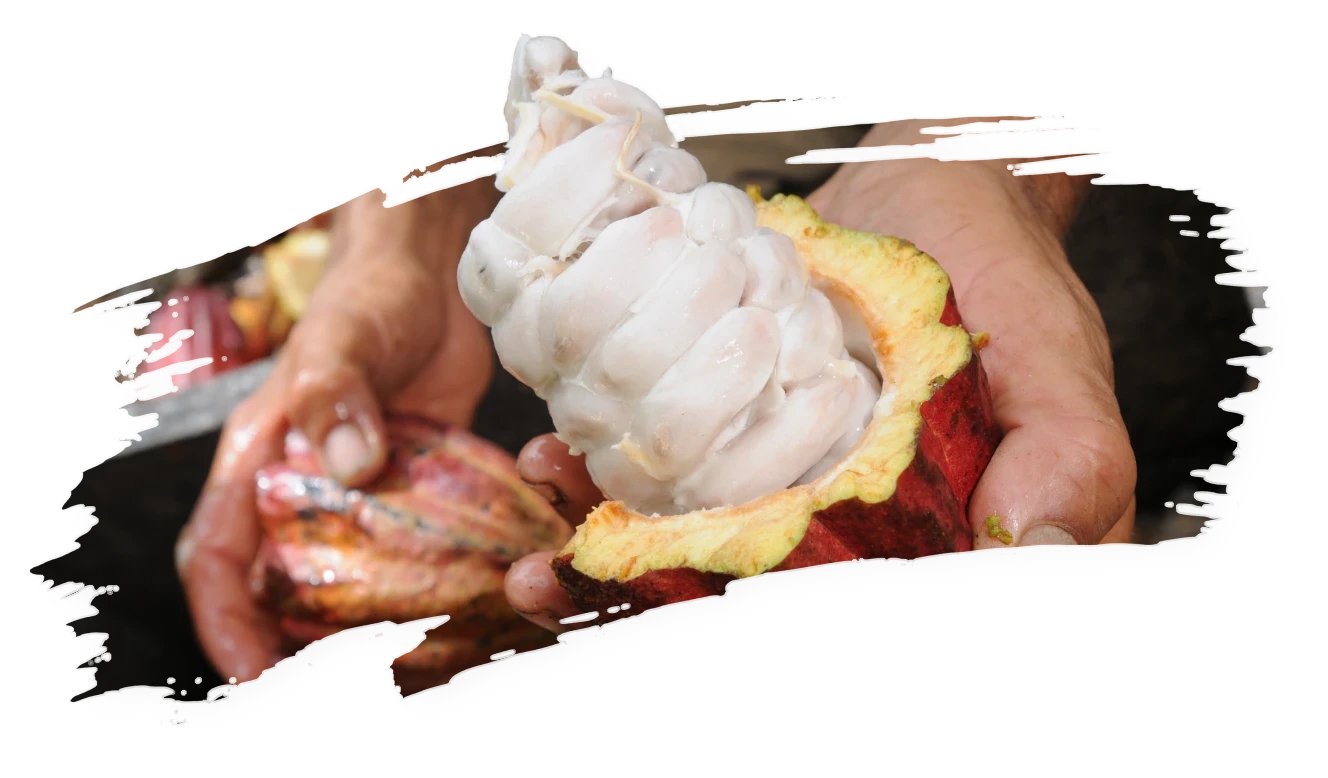
FAQs
How does climate change affect cocoa quality and yields?
Extreme weather, shifting rainfall patterns, and increased pests and diseases linked to climate change can negatively impact both the quantity and quality of cocoa beans. Our climate action strategy helps mitigate these risks through more resilient farming practices.
Why is preventing deforestation essential for climate action?
Forests play a crucial role in absorbing carbon and regulating the climate. Preventing deforestation not only protects biodiversity and water sources but also ensures that cocoa farming contributes to climate solutions.
What does “no deforestation” mean in practice?
At Luker, it means ensuring that no native forest is cleared to grow cocoa. We work with farmers to implement agroforestry systems, monitor land use, and comply with regulations like the EU Deforestation Regulation (EUDR).
How does agroforestry contribute to climate resilience?
Agroforestry combines cocoa trees with other native or productive species. This improves soil health, boosts biodiversity, captures carbon, and helps farms better withstand climate extremes—benefiting both the planet and the farmer.
Can packaging really make a difference in climate action?
Yes. Packaging has both environmental and reputational impacts. By using recyclable materials and guiding proper disposal, we reduce waste and support responsible consumption—while helping brands meet their climate and ESG commitments.
